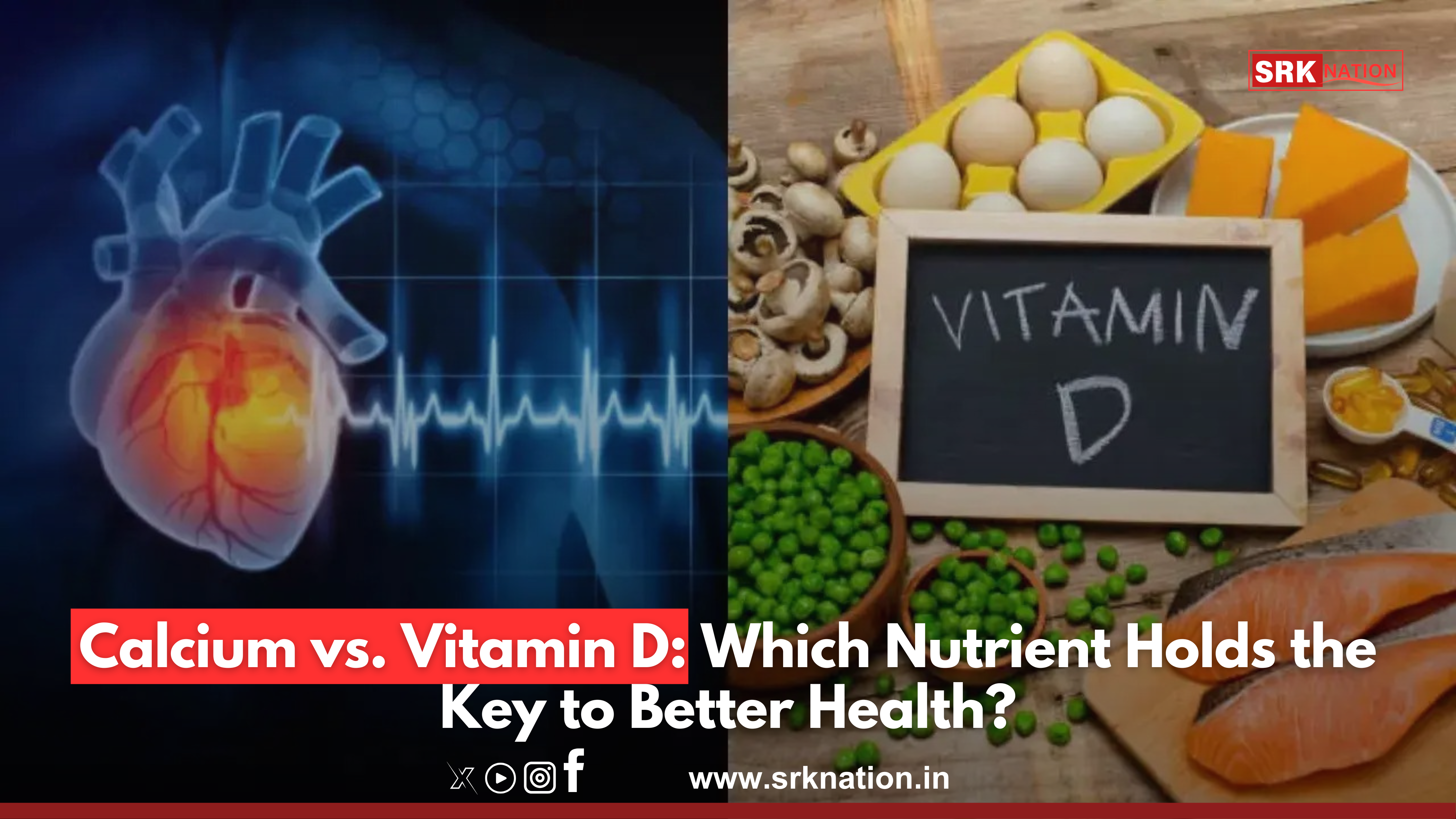When it comes to maintaining strong bones and overall health, calcium and vitamin D are two essential nutrients that often work hand in hand. While both play crucial roles in the body, experts emphasize that prioritizing one over the other is not ideal—they are most effective when consumed together.
Calcium, a vital mineral, is the building block for strong bones and teeth. It also supports muscle function, nerve signaling, and blood clotting. However, the body cannot produce calcium on its own, making dietary sources like dairy products, leafy greens, almonds, and fortified foods essential. Without sufficient calcium intake, the body extracts it from bones, increasing the risk of osteoporosis and fractures.
Vitamin D, on the other hand, is a fat-soluble vitamin that facilitates the absorption of calcium. Without adequate vitamin D, even a calcium-rich diet may fall short in supporting bone health. Beyond its role in bone maintenance, vitamin D contributes to immune function, muscle strength, and inflammation regulation. The body synthesizes vitamin D when exposed to sunlight, but it can also be obtained from fatty fish, egg yolks, and fortified dairy products.
Experts liken the relationship between calcium and vitamin D to that of fuel and an engine—calcium provides the raw material for bone strength, while vitamin D ensures its effective utilization. Dr. S.D. Abrol, an orthopaedic surgeon, explains, “Without vitamin D, the body struggles to absorb calcium, making even a calcium-rich diet ineffective. Conversely, without adequate calcium, vitamin D has little to work with in maintaining bone density.”
To support optimal health, experts recommend a balanced approach:
- Calcium Intake: Adults typically need 1,000–1,200 mg of calcium daily. Include dairy, leafy greens, and fortified products in your diet.
- Vitamin D Levels: Aim for 600–800 IU of vitamin D per day. Spend time in the sun and consider supplements if necessary.
- Monitor Health: Regular check-ups can help identify deficiencies and guide dietary adjustments.
Ultimately, the synergy between calcium and vitamin D underscores the importance of a holistic approach to nutrition. By ensuring adequate intake of both nutrients, individuals can take proactive steps toward better bone health and overall well-being.











